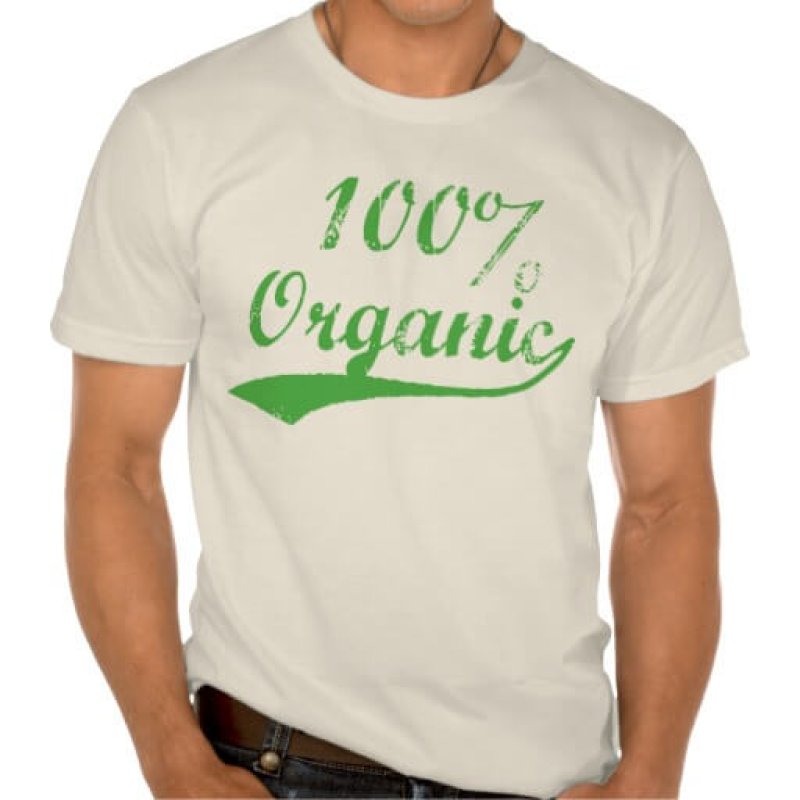The word “organic” is a powerful marketing tool. In clothing—just as in food—brands love to tout their use of organic agricultural products to show they’re doing their part to fight the industry’s outsized environmental footprint.
…
But the reality isn’t always so simple. Your organic cotton t-shirt may have actually used up more resources to produce than one made of conventionally grown cotton, and could have a greater overall impact on the environment.
One major reason … is that conventional cotton varieties have a higher yield, meaning a single plant will produce more fiber than its organic counterpart. That’s because conventional cotton has been genetically engineered for that purpose. In the past 35 years, cotton yields have risen 42% (pdf), largely due to biotechnology and better irrigation techniques.
Organic cotton, by definition, comes from plants that have not been genetically modified. Because of that difference, to get the same amount of fiber from an organic crop and a conventional crop, you’ll have to plant more organic plants, which means using more land. That land, of course, has to be tended and irrigated.
It will take you about 290 gallons of water to grow enough conventional, high-yield cotton to produce a t-shirt, according to Cotton Inc. To grow the same amount of organic cotton for a t-shirt, however, requires about 660 gallons of water.
The GLP aggregated and excerpted this blog/article to reflect the diversity of news, opinion, and analysis. Read full, original post: Your organic cotton t-shirt might be worse for the environment than regular cotton































